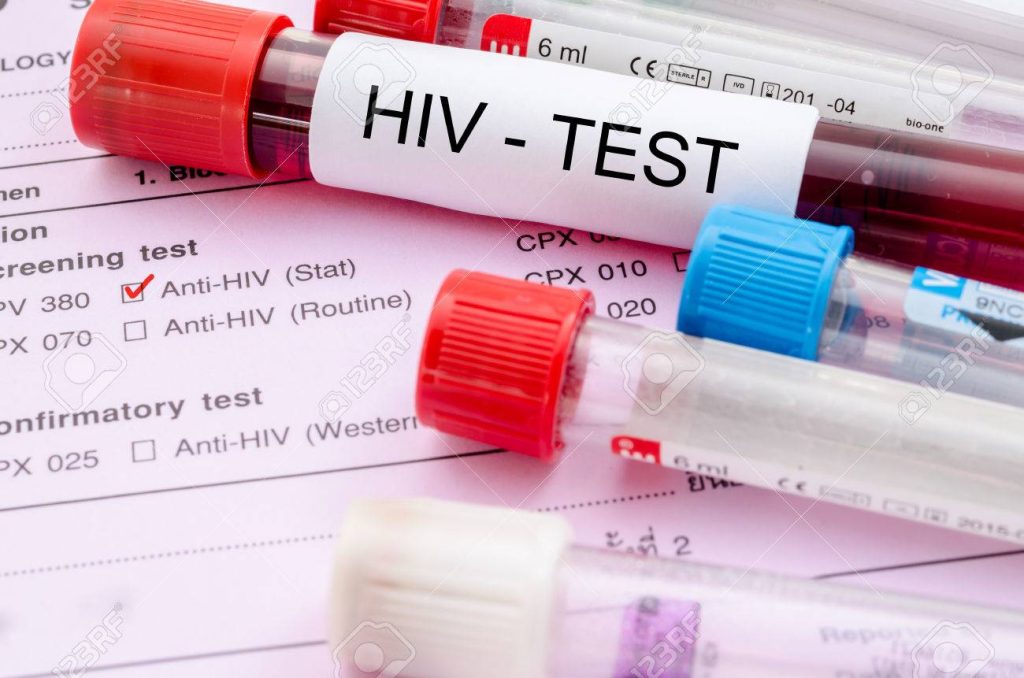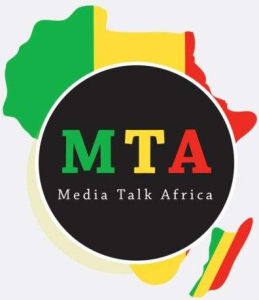The recent approval of Yeztugo, a groundbreaking twice-yearly injectable medication for HIV prevention, has been met with a mix of excitement and concern. While the medicine represents a significant advancement in expanding prevention options for people at risk of HIV infection, its high cost has sparked warnings that it could be inaccessible to millions of vulnerable individuals worldwide.
The US Food and Drug Administration (FDA) has given the green light to long-acting injectable Lenacapavir, marketed as Yeztugo, which has proven highly effective in clinical trials. The treatment, administered every six months, offers a more convenient alternative to existing prevention options, including daily oral PrEP pills and other injectables. According to Gilead CEO Daniel O’Day, this innovation has the potential to “bend the arc of the epidemic” as it is rolled out globally.
However, the company’s announcement of a US list price of $28,218 per person per year has drawn widespread criticism. Health leaders and HIV advocates argue that the pricing may render the life-saving medication inaccessible to those who need it most. Research published in the Lancet HIV estimates that generic Lenacapavir could be produced for as little as $35 to $46 per person per year, potentially dropping to $25 with committed demand.
Winnie Byanyima, Executive Director of UNAIDS, welcomed the FDA approval but emphasized the need for urgent action on pricing and access. “Lenacapavir could be the tool we need to bring new infections under control, but only if it is priced affordably and made available to everyone who could benefit,” she said. Byanyima also expressed dismay at the company’s pricing, stating that it is “beyond comprehension” how Gilead can justify such a high cost.
Prof. Oyewale Tomori, a renowned virologist, commended the scientific milestone but highlighted the deeper problem of access disparities in Africa. “Until African countries begin to produce and manufacture their own vaccines and treatments, such disparities in access are to be expected,” he said. Tomori emphasized the need for significant investment in local research, biotechnology, and pharmaceutical development to avoid being left behind during major health breakthroughs.
As Gilead prepares to roll out Yeztugo globally, public health advocates are calling for bold steps to ensure equitable access. Mr. Jeremiah Johnson, Executive Director of PrEP4All, stressed that “it’s not enough to have the science; we need it in the hands of those who need it most.” Gilead has pledged to provide copay savings and free access to qualifying uninsured individuals in the US, as well as licensing generic manufacturers to produce low-cost versions of the injection in 120 low- and lower-middle-income countries.
The company has also committed to supplying doses for up to two million people at no profit before generic versions reach the market. While these efforts are a step in the right direction, public health advocates remain concerned that the innovation may become a symbol of exclusion and disparity rather than inclusion and equity. As the global rollout of Yeztugo begins, it remains to be seen whether the company and global health leaders can work together to make this groundbreaking treatment accessible to all who need it.





